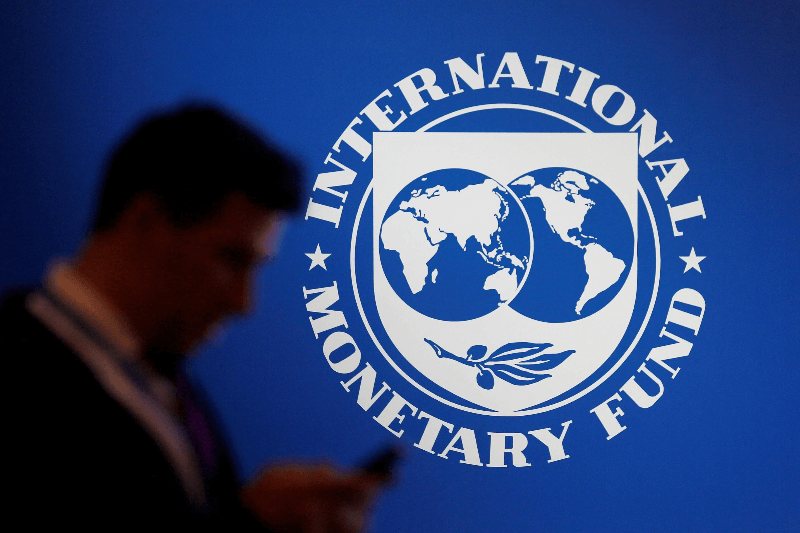
(C)The Express News,imf approves 7 billion eff programme for pakistan
The Pakistan PM Office said that the Executive Board of the IMF approved the 37 month extended fund facility totalling $7 billion. It also authorised the immediate release of the first loan tranche amounting to $1.1 billion. It is the 25th IMF programme that has been obtained since 1958 and the 6th EFF.
The IMF and Pak have agreed mutually that the latter is to pay off the 5 percent interest rate on the IMF loan according to the Pak Finance Ministry given to the Senate Standing Committee on Economic Affairs. PM Shehbaz Sharif on wednesday stated this will be Pakistan’s last IMF loan, but this is also the same statement that he gave after receiving 24th IMFprogramme in 2023.
The PM gave credit for the IMF bailout package to Deputy Prime Minister Ishaq Dar, Chief of Army Staff General Asim Munir and the finance team. The IMF board has approved the programme without addressing one of the root causes of taking these loans. – that is the need for restructuring of the external and domestic debt that has taken up 81 percent of Pak’s tax revenue to settle in 2023.
The new bailout package targets achieving macroeconomic stability by consolidating public finances, rebuilding the forex reserves, reducing fiscal risks from state owned enterprises, improving the business environment to encourage economic growth led by the private sector.
Among the several conditions imposed by iMF, the notable ones are power sector fiscal viability, privatisation of loss-making government industries and enhancing tax revenues. Along with this, the reduction of conflict in the country is a precondition for extending the line of credit to Pakistan.
To qualify for taking the loan, PM Shahbaz Sharif Govt has imposed additional taxes from 1.4 trillion to 1.8 trillion PKR, increased the electricity rates up to 51 percent and has committed to bring transparency in the affairs of the Sovereign Wealth Fund.
The Pak finance ministry also has to show a surplus of 4.2 percent in the country’s GDP along with spending on the defence sector.



